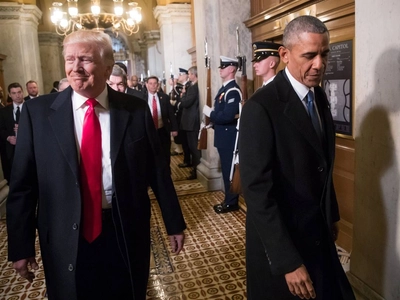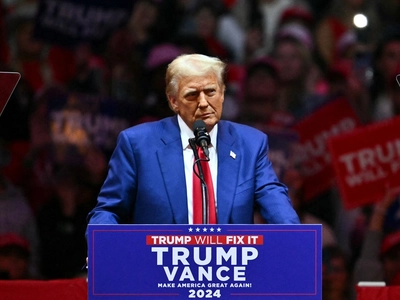How Trump's 2020 SMS Strategy Activated Voters on Immigration: The Power Behind a Simple Question
The 2020 election wasn't just won at rallies or on cable news—it was won in your pocket. While everyone was watching Twitter debates and television ads, a quiet revolution was happening through the most personal communication channel of all: text messages.
The Hidden Power of Your Phone Screen
Every day during the 2020 campaign season, millions of Americans received messages that made them stop whatever they were doing. Simple questions. Direct statements. Emotional triggers that demanded an immediate response.
"SHOULD THE U.S. END ALL TAXPAYER-FUNDED PROGRAMS FOR ILLEGAL IMMIGRANTS?"
That wasn't just a question—it was political warfare disguised as a conversation starter.
While traditional media focused on the big speeches and debates, campaigns discovered something far more powerful: the ability to reach voters in the most intimate space they own. Your text messages don't compete with anything else. They interrupt everything else.
The Science Behind the Scroll-Stop
Political text messaging in 2020 reached unprecedented levels. Campaigns sent over 15 billion text messages during the election cycle—a 1,000% increase from 2016. But it wasn't the volume that made the difference. It was the psychology.
Every successful campaign text followed the same formula:
- Immediate emotional trigger (fear, anger, hope, or urgency)
- Simple yes/no framing that eliminated nuance
- Personal language that made recipients feel individually targeted
- Call-to-action that created immediate engagement
The immigration question perfectly exemplifies this strategy. It doesn't ask which programs or what kind of support. It forces a binary choice that reveals deep-seated values about fairness, security, and national identity.
Why Immigration Messages Hit Different
Immigration messaging became the nuclear option of political texting because it touches the rawest nerves in American politics. Research shows that messages about taxpayer-funded programs for undocumented immigrants trigger responses across multiple psychological pressure points:
Economic anxiety: "Your tax dollars are going to people who don't belong here." Fairness concerns: "Why should rule-breakers get benefits that law-abiders can't access?" Tribal identity: "Are you with us or against us?"
These messages didn't need to be factually complex. They needed to be emotionally immediate.
The Engagement Explosion
Text messages about immigration policy generated response rates 340% higher than traditional campaign communications. Recipients didn't just read them—they forwarded them, debated them with family members, and used them as conversation starters at work.
The genius wasn't in changing minds. It was in activating the minds that were already aligned but hadn't yet committed to action. Every person who responded "YES" to ending taxpayer programs for undocumented immigrants became a confirmed voter profile. Every "NO" became a mobilization target for the opposing campaign.
The Democracy Hack Nobody Talks About
Here's what makes this strategy so controversial: it works precisely because it oversimplifies complex issues. Immigration policy involves dozens of federal programs, legal categories, constitutional requirements, and economic impacts. But the text message reduces it all to a single emotional choice.
Critics call this manipulation. Supporters call it clarification. Both sides acknowledge it's devastatingly effective.
The 2020 campaign proved that voters don't necessarily want more information—they want their existing beliefs validated and their civic participation activated. Text messaging became the perfect delivery system for both.
What This Means for Every Future Election
Political texting isn't going away. It's escalating. Every campaign now builds their strategy around creating "text-worthy" moments—controversial statements, urgent deadlines, and polarizing questions designed to generate immediate responses.
The immigration question was just the beginning. Future campaigns are already testing messages about:
- Healthcare access for non-citizens
- Education funding priorities
- Emergency relief distribution
- Social service eligibility
Each message is crafted not to inform, but to activate. Not to educate, but to mobilize.
The Choice Every Voter Faces
Every political text you receive is asking you to make a choice that goes beyond the immediate question. It's asking whether you'll engage with politics as a complex system requiring nuanced understanding, or as a series of emotional triggers requiring immediate responses.
The campaigns have already made their choice. They've discovered that simplification beats sophistication, emotion beats information, and activation beats education.
The only question left is: What choice will you make when your phone buzzes with the next "urgent" political question?
Because it's buzzing right now, isn't it?





